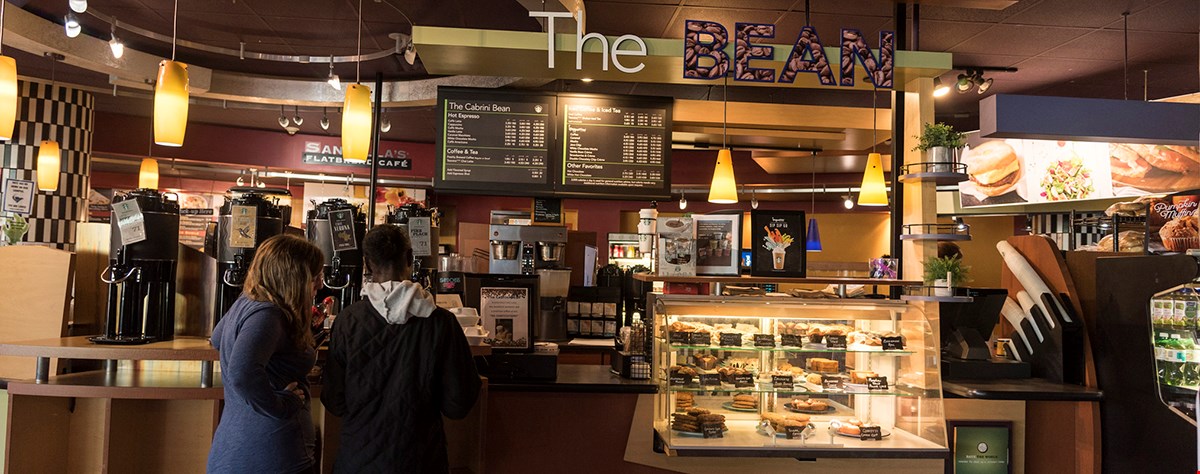Tight schedules in college are an extremely common instance. However, there must be time found for students to consume food. The average amount of calories per day for a college student is around 2,000 calories.
While everyone is different there should be a similar balance in diet. While gender, race and age all play a critical role in calories there should still be relatively close. For instance, men are supposed to four to eight servings of grains. Women are in the range of three to five servings of this particular category.

Before consuming a meal in college there are keys to prevent an unhealthy lifestyle while in the cafeteria. Planning ahead and calorie counting is a critical and useful tip before dining. Universities have provided many healthy options across the country for a logical reason.
Cafeterias may not always have to be the first option either. Cooking in a dorm with healthy options is also beneficial and provides healthy eating habits. Salad greens, carrots, onions and tomatoes are all highly recommended in the case of shopping for cooking in a dorm and not eating at the cafeteria.
While keeping a calorie count is critical, making sure breakfast is eaten on a daily basis is the most critical factor in a healthy student lifestyle. Breakfast is critical for college students and provide them with a tremendous amount of energy.

It is a proven fact that concentration and focusing is improved when a meal in the morning is consumed. There becomes less room for distractions from other students or anything that might take a scholar’s attention away.
Better test scores are a proven study for students who are breakfast consumers as well. On reading, mathematics and science-related tests students scored a total of 25 percent higher when they ate breakfast on that particular day. An increase in cognitive thinking and problem-solving is increased during test-taking situations.
Daniel Murphy, senior business management major, never has time to fit breakfast into his schedule. “Having to worry about golf and getting up for my early classes doesn’t give me enough time,” Murphy said. Murphy does not enjoy waking up early and does not believe he has to fit breakfast anywhere along his day. “If I could get up earlier I would but I refuse to do that,” Murphy said.
Amanda Lynn, junior special education major, normally finds time to fit breakfast at some point during her day. “After swimming for hours I need breakfast to get back some energy,” Lynn said. Lynn’s day is filled with courses and practice so finding time to eat can most certainly be a struggle for her. “There are days where I am too tired to get breakfast and when I don’t have class I tend to fall asleep again,” Lynn said.
Jon Papp, sophomore business management major, says he is too lazy to wake up for breakfast. “Breakfast closes far too early for me and I refuse to wake up that early in the day,” Papp said. Papp tries to make sure his schedule is left open for lunch. “I’m much more hungry at lunch anyway so it is not much of an issue for me.
Many students have the issue of not waking up early enough to receive breakfast. As beneficial as it might be, it is difficult for students to wake up and start their day early enough for breakfast.


